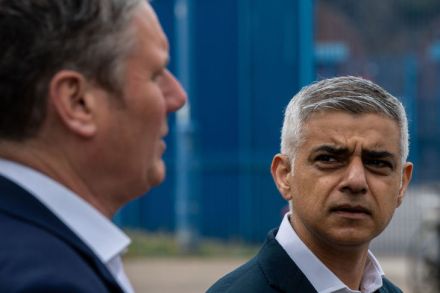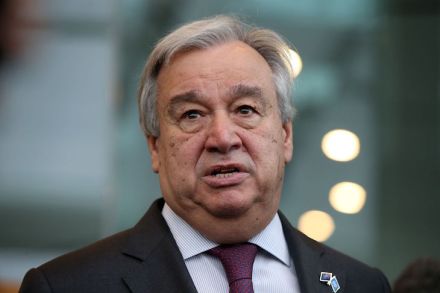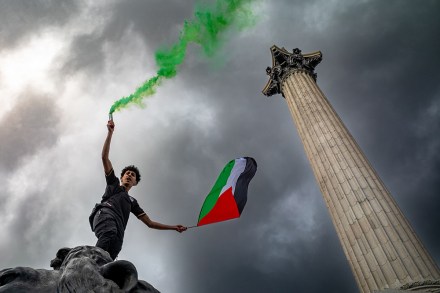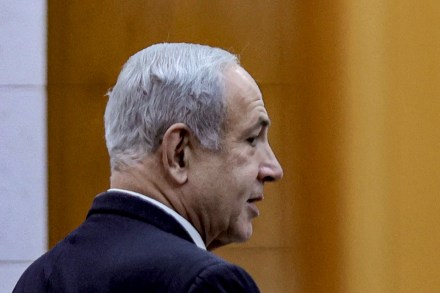Evacuate Gaza, but don’t call for a ceasefire
In every round of fighting between Israelis and Palestinians in the last 20 years, I have always wanted an immediate ceasefire. The way I see it, we Israelis were unwilling to pay the price it would cost to remove the Hamas regime and the dangers of Hamas had seemed manageable. Conflicts such as Operations Cast Lead (2008 to 2009), Pillar of Defence (2009), and Black Belt (2019) to name a few), seem like a futile cycle of blood-letting with immense human costs. This was the mainstream view of Israeli liberals. But now, like almost the entirety of the Israeli left, I believe that in our current situation an immediate ceasefire




















